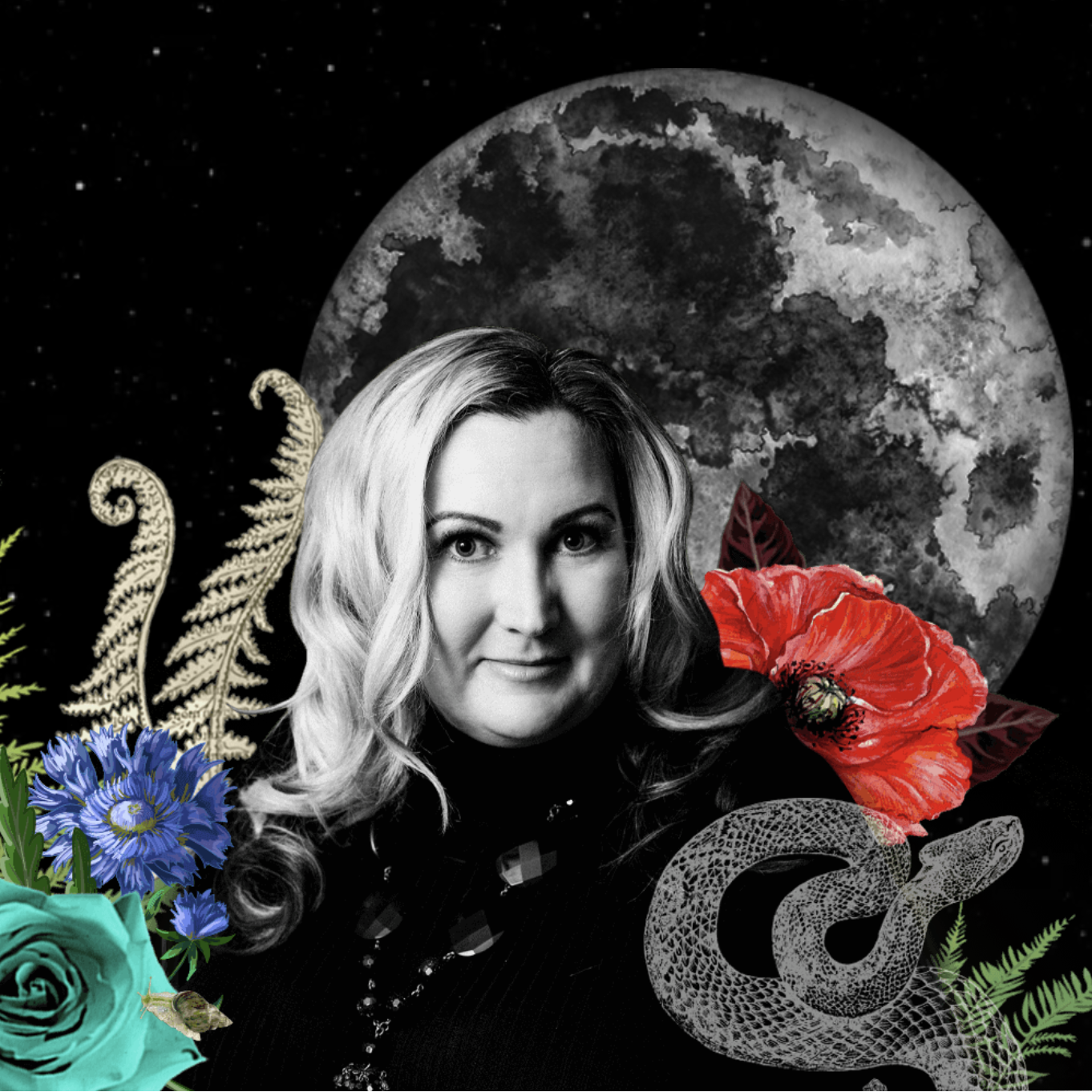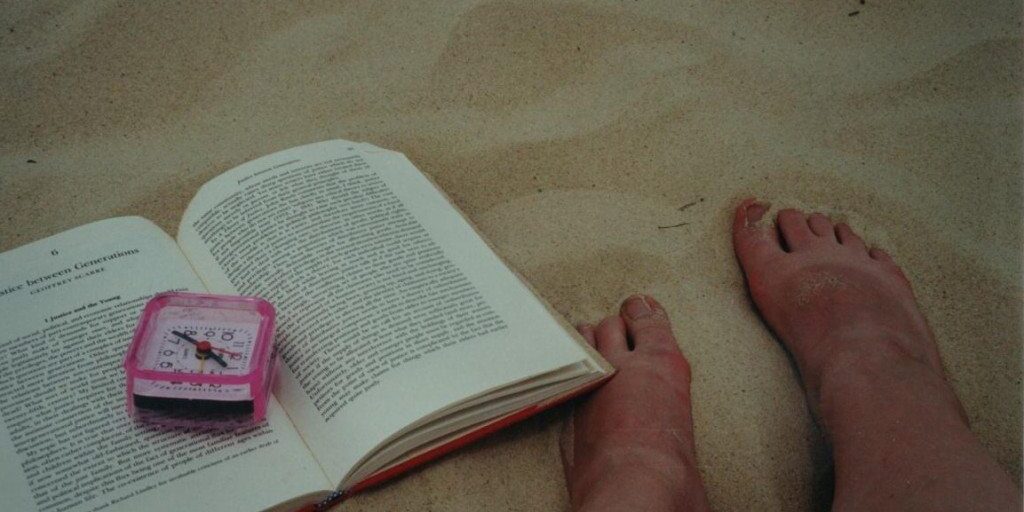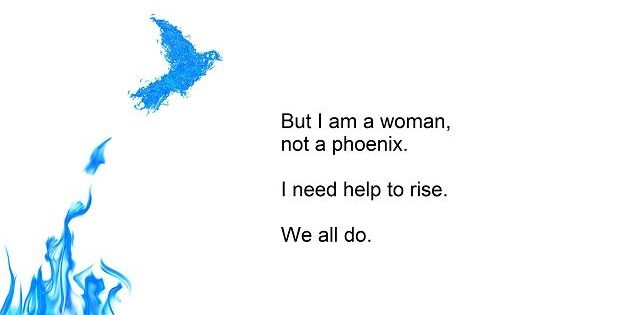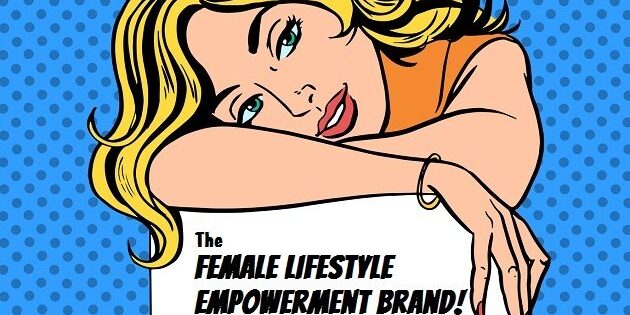Actually, I’m a Huge Fan of Gatekeeping

This is an excerpt from my weekly email newsletter, The Sunday Love Letter.
To get missives like this direct to your inbox, I invite you to sign up here.
Back in 2016, when I started writing about The Female Lifestyle Empowerment Brand (I’m against it), a friend of mine who is a well-known DEI consultant & old-school anti-racist organizer gave me an important piece of advice.
She said, “It’s too easy to access you. You’re going to need a gatekeeper.”
Dear Reader, I did not listen to her.
****
Back in the 90s, I loved Red Hot Chili Peppers. Loved them. Listened to them incessantly. Was borderline obnoxious about them. (Ok there was no border. I was just plain obnoxious. I was an EVANGELIST in the church of Flea and Anthony Kiedis.)
But. And.
The song Give it Away always landed badly with me.
Sure, it was a song about altruism and love rather than greed and capitalism — great! I’m all in! — but the sexual double entendres and the frenetic way it was delivered onstage always felt, to me, like insistence that women and girls should stop guarding sexual access to their bodies.
What I got you got to get put it in you
Don’t stop continue
Give it away give it away give it away now.
As a survivor of sexual abuse, I know that line of thinking. Intimately. Viscerally.
It’s the same line of thinking that fuels incel rage: how dare women control access to their sexuality. It’s arguably part of the animus behind limiting women’s access to reproductive health and rights. How dare women control access to their bodies.
Because, as we learn in the book Power, for All when you control access to something other people want, you have power.
And how dare girls and women have power.
It’s not wholly about sex; it’s not about fetuses or babies; it’s also about power.
Controlling access to thing other people want means you have influence over them. They will have to modulate their behaviour in order to access the thing you’re gatekeeping.
*****
Ahh, Gatekeeping .
Gatekeeping gets a bad rap. It gets associated with being a girlboss (Gaslight, Gatekeep, Girlboss) — and yes, we should be skeptical of that feminized neo-liberal path to power. (I’ve literally written about this for years.) But I think we need to take another look at gatekeeping through an anti-oppressive, feminist lens. Who is allowed to hold power? Who gets punished for it? Who is allowed to have resources and allocate them? Who is allowed bodily sovereignty and to own their own time and lives? Who is not?
In a sexist culture, if you have the ability to control or limit access to a resource — including your own time and body — and you’re a woman, then you’re hoarding. Selfish. Miserly. Why does everyone want to keep it like a Kaiser.
The Kaiser references makes it clear: Gatekeeping is about power.
And yes, even though our oppressive social conditioning makes us believe otherwise, you are allowed to hold power.
You are allowed to limit access to your resources.
You are allowed to limit access to YOURSELF.
Gatekeeping your life might even be the culture-making move.
****
But when my friend told me 7 years ago that I needed a gatekeeper or to start gatekeeping, I recoiled.
I wanted to be available. Generous. In community.
But what she knew, because she was way more experienced in actual community organizing and leadership than I was, is that no one person can meet the needs of hundreds or even thousands of people.
At that time (and now) I was getting swamped by asks for free advice; long emails with complicated questions to answer; bids for attention and relationship; AND people asking questions to collect ammunition AND people who were bad actors who wanted to find a way to undermine me and elevate themselves. There are always grifters in affinity communities: they *require* high-trust environments to run their game.
The unboundaried attention of people with good intentions and bad intentions was swallowing my life.
When I picked up that someone had a need, and I had info that could help, I responded.
There was a lot of need. I couldn’t meet it but I was trying.
In addition to being overloaded with paying clients, I was also coaching for free and giving out scholarships willy-nilly. I was working 7 days a week. My family was suffering. My business was imploding. I was taking forever to follow up with clients, I fell out of relationship with people I cared about because I didn’t have time to answer their texts or return their calls.
I burned out and I burned bridges — not from malice, or selfishness, but from an inability to stay in touch with everyone who needed my attention. When you disappear or become less available, people fill the blanks with a story of rejection. And that hurts them.
When you don’t have boundaries — gates — no one is safe.
****
My wise friend knew I would collapse. She’d seen it before.
She wasn’t telling me to get a gatekeeper so that I could be obnoxious and front like I’m a celebrity; she was telling me that culture makers can’t sustain themselves if they’re always available and too accessible.
It’s a paradox: you want to be in community and generous, but if you don’t put limits around your availability, you’ll disappoint people and not be a reliable leader or community member.
To sustain your ability to be a culture maker, creator and community member, you’ve got to have boundaries. Gates. No one can be on all the time; no one should be overextended all the time; no one should be treated or feel like they are community property.
*****
I’ve been making fresh contact with this point over the last year.
I’m grappling with chronic health shit, and pain interrupts my schedule on a regular basis.
And so my business model and the way I use my time has had to change.
I often have to reschedule things due to energy/pain, so I’m not taking on coaching clients for the foreseeable future. I’m sunsetting programs that came with 1:1 support sessions.
And I’m way less available to people who want to pick my brain or need free mentoring.
I’m less available for networking or even, frankly, developing community relationships or friendships.
If I only have a limited and unpredictable amount of energy, and I do, it has to go into my livelihood or my health and my kids.
I say all of this to say: Gatekeeping can be your salvation. Explicitly acknowledging that yes, you are a finite resource, is both relief and reality.
It is not possible to be available to everyone who wants your time, even if you want to be.
It is not possible to help everyone who needs what you’ve got, even if you want to.
And yes, people will be disappointed. Feel a loss. Even feel angry, because you retracted access to something they want: you. They might bristle that you dare to use your power.
Because this isn’t only about love or altruism or community or relationship.
Our deeply ingrained misogyny — and we are all in the water so we are all wet — means that when a women limits access to a resource she controls, LIKE HERSELF, there will be backlash.
She’s not supposed to have that power. Or control these resources.
And so it rankles. Even in feminist communities.
(Often, especially in feminist communities. Our emphasis on community sometimes gets conflated with horizontality, so if it feels like someone has a different status or is occupying power differently than expected, that can subconsciously feel like a threat to the whole project.)
But gatekeeping yourself can be the thing that allows you to keep going, stay generous, and stay in community, against all odds.
Gatekeeping yourself can be the thing that means you’re here, contributing your ideas and work, for 30 years instead of 3.
****
I write all of this to encourage you to understand that you are literally power.
You are the thing that people want and you control access to the resources people want from you: your energy, your time, your work, your wisdom, your caregiving, your emotional labour, your body, your love.
And the pressure to give it away give it away give it away now will extinguish us.
It will undermine our power, personally and collectively.
It will brain-drain our communities so that no one is left to carry out the dream.
So please, give yourself permission to gatekeep yourself.
And if people want to fight you on that, then the hard truth is that they’re not invested in your health, your longevity, your power, or the sustainability of your work. They’re invested in extracting resources from you.
BEING IN COMMUNITY DOES NOT MEAN YOU ARE COMMUNITY PROPERTY.
(Let’s watch for that in our spaces too: watch for when people trash other community members for not being available enough to them or not giving it away giving it away giving it away now. How dare a woman control access to her time, her work, or her life. That kind of pushback and complaint is entitled; it’s ableist; it’s often misogynist even when it comes from feminist women; and it is NOT a pro-community move.)
We can say no.
That’s why to me, gatekeeping is a culture-making move. It’s about preserving power that other people don’t think should belong to you.
But your life does belong to you.
Let’s not wait 7 years, like I did, to act like it.
#WeAreTheCultureMakers
This is an excerpt from my weekly email newsletter, The Sunday Love Letter.
To get missives like this direct to your inbox, I invite you to sign up here.



